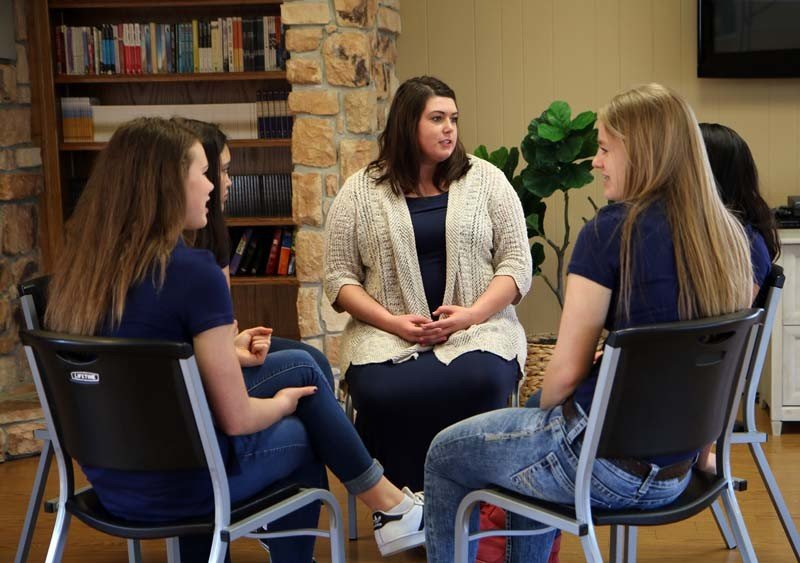How to Listen Well to Your Daughter
How to Listen Well to Your Daughter
Listening to your daughter is one of the most important things you can do as a parent. Effective listening builds trust, strengthens your relationship, and helps your daughter feel valued and understood. In this article, we’ll explore strategies for listening well and how it can positively impact your daughter’s life, especially in challenging times.
The Importance of Listening

Why Listening Matters
Listening is crucial because it:
- Fosters open communication
- Builds trust and mutual respect
- Helps you understand your daughter’s needs and feelings
- Encourages her to share her thoughts and concerns
Effective Listening Techniques
Active Listening
Active listening involves fully concentrating on what your daughter is saying, rather than just passively hearing her words. Here are some tips:
- Make eye contact
- Nod and provide verbal affirmations like “I see” or “Go on”
- Avoid interrupting or offering immediate solutions
- Reflect back what you’ve heard to ensure understanding
Empathy and Understanding
Empathy involves putting yourself in your daughter’s shoes and understanding her perspective. This can be particularly important for parents with daughters in programs for troubled girls or schools for troubled teens.
Creating a Safe Environment
Your daughter needs to feel safe and comfortable to express herself. Create an environment where she knows she can speak openly without fear of judgment or punishment.
Common Listening Pitfalls
Avoiding Distractions
When listening to your daughter, avoid distractions such as phones, TV, or other interruptions. Focus entirely on her to show that her thoughts and feelings are your priority.
Refraining from Judgment
It’s important to listen without judgment. Avoid jumping to conclusions or criticizing her feelings. This can shut down communication and make her hesitant to share in the future.
Not Offering Unsolicited Advice
While it might be tempting to offer solutions, sometimes your daughter just needs to be heard. Ask if she wants advice before offering it, and respect her wishes if she just wants to vent.
Building a Stronger Relationship
Regular Check-Ins
Make it a habit to regularly check in with your daughter. Ask about her day, her feelings, and her experiences. This shows that you care and are interested in her life.
Being Present
Being present means giving your full attention during conversations. Show interest and engage with her stories, questions, and concerns.
Encouraging Open Communication
Encourage your daughter to communicate openly by being approachable and supportive. Let her know that she can come to you with anything, and that you will listen without judgment.
Questions and Answers
How Can I Improve My Listening Skills?
Improving your listening skills involves practice and patience. Focus on active listening, showing empathy, and creating a safe environment for your daughter to share her thoughts and feelings.
What If My Daughter Doesn’t Want to Talk?
If your daughter is reluctant to talk, give her space and time. Let her know you are there for her when she is ready. Encourage her gently, and don’t pressure her to open up before she is comfortable.
Are There Programs That Can Help?
Yes, there are programs for troubled girls and schools for troubled teens that offer support and resources for both parents and daughters. These programs often include counseling and communication workshops to help improve family dynamics.
Listening well to your daughter is an essential part of parenting. By practicing active listening, showing empathy, and creating a supportive environment, you can strengthen your relationship and help her feel valued and understood. For those facing more significant challenges, consider the resources and support available through programs for troubled girls and schools for troubled teens.
Remember, your efforts to listen and understand can make a profound difference in your daughter’s life, helping her navigate the complexities of growing up with confidence and resilience.
















